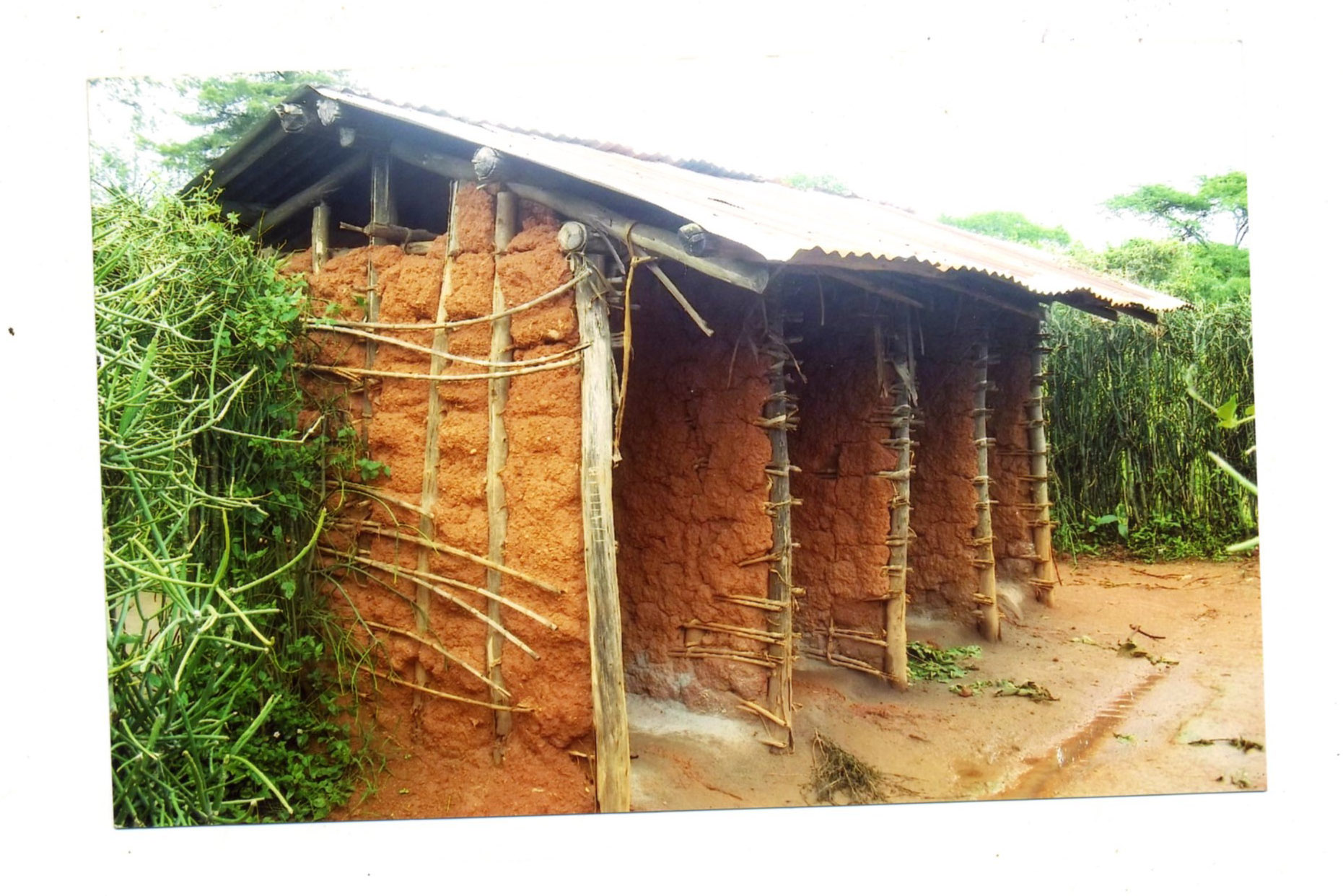Uganda's health ministry has raised concerns as over 14 million Ugandans still have no access to proper toilets. This constitutes 32.4 per cent of the entire population.
On Tuesday, the ministry of health's permanent secretary Dr Diana Atwine said that open dedication is still very common in urban and rural areas.
"Despite government's interventions on sanitation and hygiene, Uganda continues to grapple with water and sanitation challenges, with 23 per cent and 9.4 percent of the population still practising open defecation in rural and urban areas, respectively," she said in Kampala.

Dr Diana Atwine also expressed concern about ongoing poor food hygienic practices and safety practices, such as selling food from filthy premises, preparing food over open drainage lines, and indiscriminate waste disposal.
Did you read this?
The permanent health secretary said that Diarrhoea is among the top three childhood killer diseases in Uganda, claiming at least 30 children every day and contributing to high levels of stunting, which in turn affect children's cognitive development and performance at school.
According to the health ps, only 36% of the nation's communities have basic sanitation facilities, with 24% in rural areas and 47.9% in urban areas. she added that only 35.8 per cent of those in rural areas wash their hands while 53.8 per cent of those were in urban areas.
The latest warning comes just days after Uganda's National Meteorological Authority (UNMA) warned of rising waterborne diseases such as bilharzia and malaria and diarrhoeal diseases such as cholera and dysentery.

"Water sources are likely to get contaminated because of the excessive rainfall," George William Omony, the director of Applied Meteorology at UNMA, was quoted by the news site Nile Post as having said on Friday.
The weather department said that the cases of waterborne diseases are expected to rise as the country's rainy season is expected to start.









